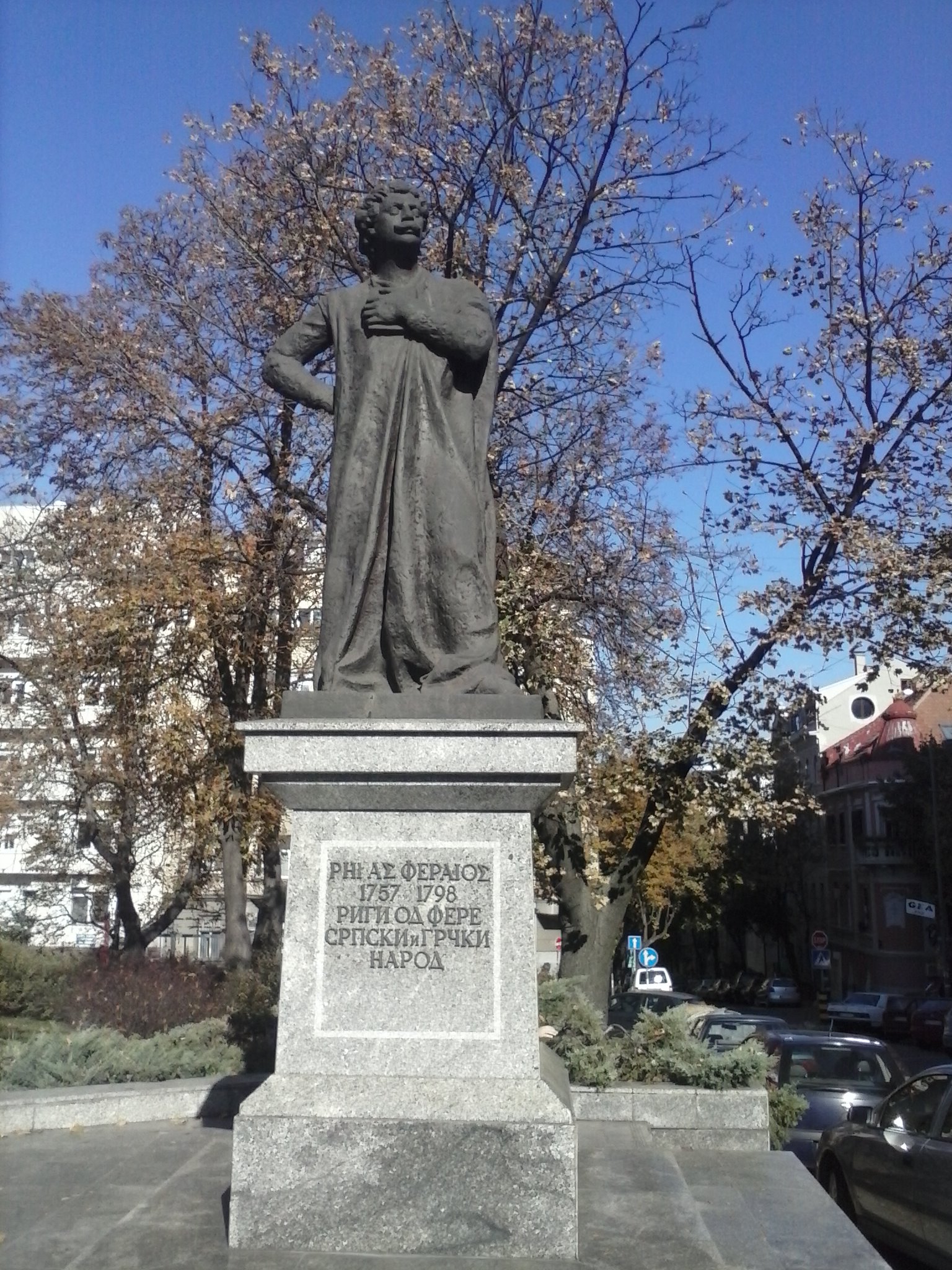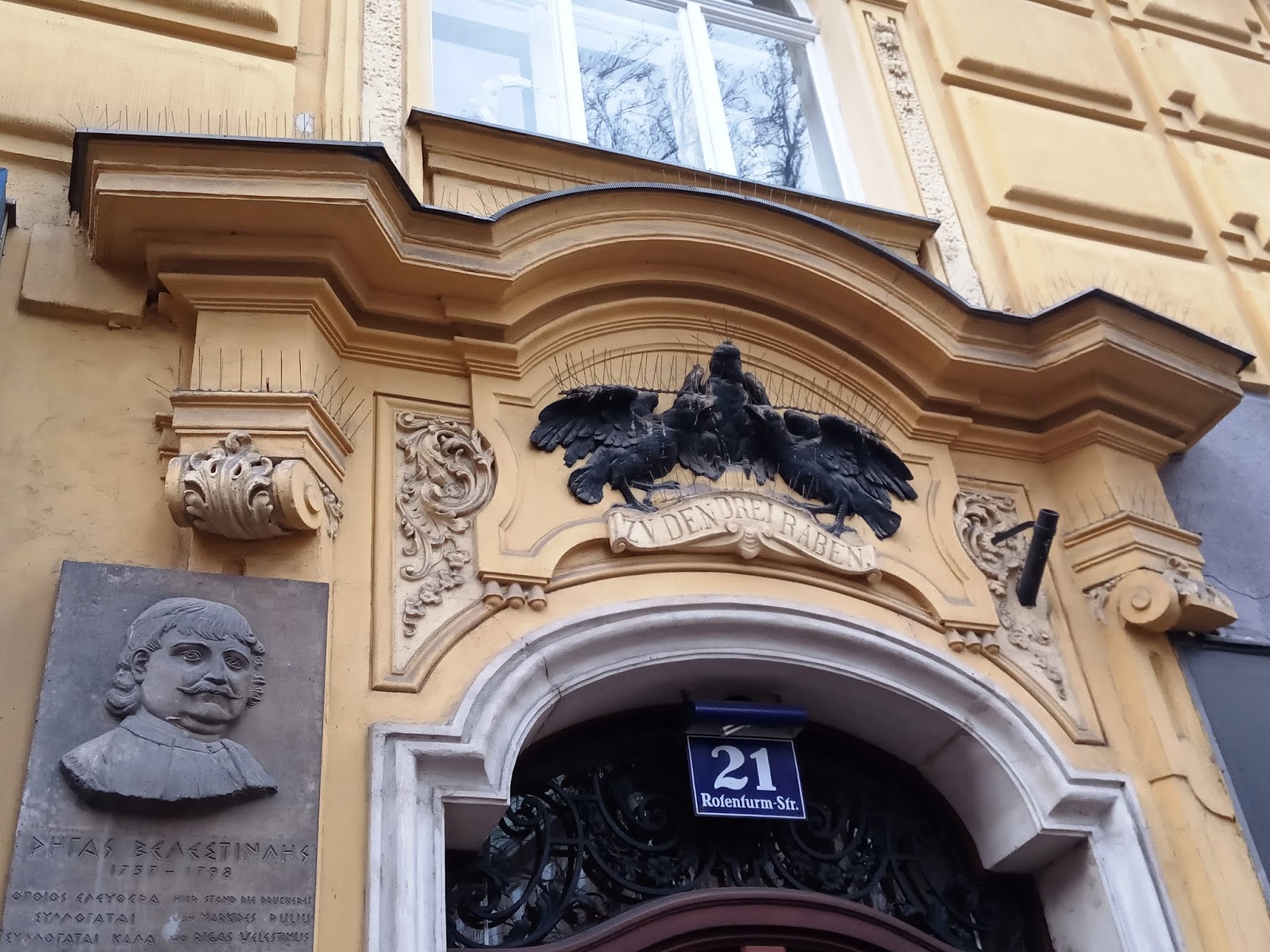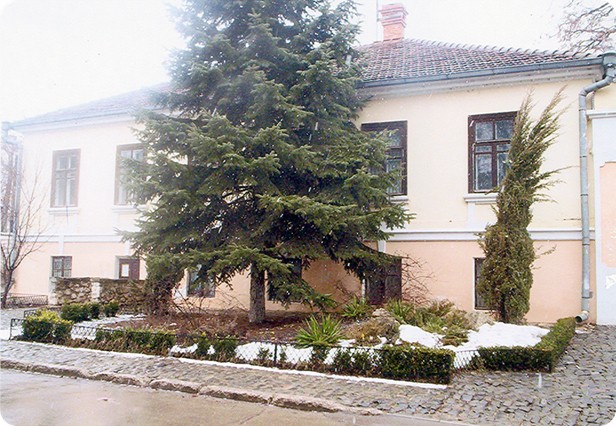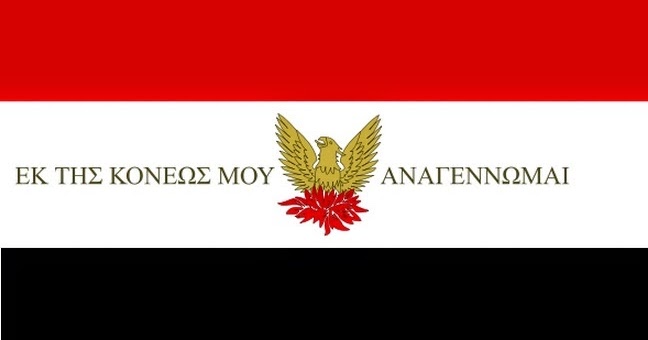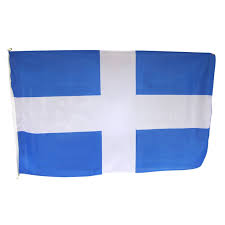The SYNTHESIS of the revolters,
To understand the systatics of the revolters and the new Greek nation (Better Neo-Greeks)
we must go back to 1rst Colonisation and the Hellenistic world after Alexander the Great,
At Hellenistic eras and world, we have enough assimilation, and 'blood mix' so the the term Greek or better Hellen is expanded even to Sogdiane Bactria and West of Indos river,
even Chinese chronicles speak baout them at the story of 'Heavenly horses'
The Roman empire
most of this world slowly passed under Roman occupation, even Alexandreia Pergamos Trapezon etc
Roman overpass Parthia,
It is not for this thread how this was done,
But even under Roman occupation the Hellenistic world did not 'vanish'
the dream of Alexander the Great, one empire, free merchandise, arts, city construction etc,
was 'walked' by his diadochoi but as they were divided, only in the limited areas of their states,
Romans seems to achive the ultimate levels of Alexander's dream.
Even in this empire the term Greek or Hellen-as still exist, and is strong, and Greek language is considered as 'Lingua franca of science and arts,
while Latin seems to be the primary language of law codexes, rulers army etc,
no matter Free Greeks are rare, as also Greek nobility, etc etc,
the way of life did not change much.
The christianity
The turn of Greek or Hellenas to Romios as national identity (Roman nationality)
At the begining of Roman empire, the Roman citizenship was a close priviledge inherited from parents,
later expanded to most Italian peninsulla, could bought by money,
and at end was given to everybody who inhabit the empire.
Yet this was not the reason that Greeks lost their identity and adopt the Roman citizenship as nationality,
The reason was Christianity, and the persecutions against them by Christians,
the term Greek or Hellen become synonym of Pagan, and should be executed the one who claimed it.
the term Romios (Roman) replace all nationalities, unified Western Europeans and Italians with Hellenistic world, to give the new nationality.
and the biggest helper to this was the church, no matter west Europe, Italy, or Hellenistic world (Greece and Balakans, minor Asia, Egypt and Cyreneice, Syrria, Crimaia etc)
even Ottomans recogn the Greeks as, Rumluk, Rum, etc
Notice that even at 1720 AD we have a mission against Greek Religion at ancient Sparta by Michel Fourmont
The East Roman empire.
The division of Roman to East and West, created the linguistic families in ex-Roman empire lands,
at west of Adriatic sea, state and church monopolize the Latin language,
also by Diocletianus and rest emperrors codexes, North and North west Balkans Legions should speak Latin (creation of Romanian and Aromanian languages).
while the rest East empire should speak Greek and the local languages,
for that helped a lot Christian church. Rome's Pope Latin, Alexandreia's Pope Greek, Antiocheia's Patriarch Greek, (later become Arabic), and the Nova Roma Patriarch Greek.
so the Hellenic and Hellenistic nationality is lost, becomes Roman, but language is kept, (Greek and Latin)
generally that cituation tends to what is called and known Byzantines, though the term is not correct.
Other nationalities enter East Roman empire, like Slavs, BalGurs, Turkic, Turkish, Persians, Arabs, etc etc,
making mix of populations, devastations etc, etc,
The regain of Greek nationality,
The regain of Greek nationality, and the drop of Romios never happened,
but changed meaning
even today a Greek may say Romios or Romiosyne, and mean the same with Neo-Greek or Neo-Hellenism.
that Change happened after 4rth Crusade and Latinocracy after 1204 AD.
the old nobility that create the 4 states and their followers are thought to used first the term Romios and Romiosyne, with different meaning, Neo-Greek.
a. Despotate of Epiros
b. empire of Nicea
c.empire of Trebizond
d later despotate of Mistras (and Constantinopolis).
after 4rth crusade, the only winners were the Turks, and the Venicians.
The fall of Constantinopolis and the raise of Venice and Ottomans
No matter the efforts of the above despotate and empires, after 4rth crusade Constantinopolis was doomed to fall,
as also the rest of whole East Roman empire.
Nicea stayed alone and dogmatic, Mistras turn to West and try unite with Catholics, Trebizond turn to Georgia and Russia etc etc
That is the new identity of Romios which later drive to Neo-Greek and new Greek state.
divided among them, seeking for help from outside, become easy to be conquered by Ottomans and occupied by Venicians.
The pre-Revolution identity,
The 'Roman nation' got a new identity, but false principals,
Great warriors, great personalities, great scientists, all work for others, and not for their nation,
over 123 revolts had happened against Ottomans, but all for shake of Venice, Russia, France, etc etc,
and they ended with an agreement, for the shake of other powers,
Boys were born to become either Yenicaries for Ottoman army forces, either Merccainairies for West European or Russia.
The right hand of Suleiman the magnificent was an Islamicised Greek from Epirus, Vezir Imbrahim Pargali, who was sold as kid to Ottomans,
many Palaiologos family, become eternaal marcenairies at Italian cities, no matter the last emperror who had only the title is burried at Vermouda islands.
Great scientists and scholars moved all Europe, from Moskva to London etc,
many were forced and show anexation to the Devsime,
Blood taxation,
from each family 1 male boy should be given to become muslim and Ottoman,
or a girl to work at the harems, even the days of Ahmed 3rd, whos mother was a Greek.





